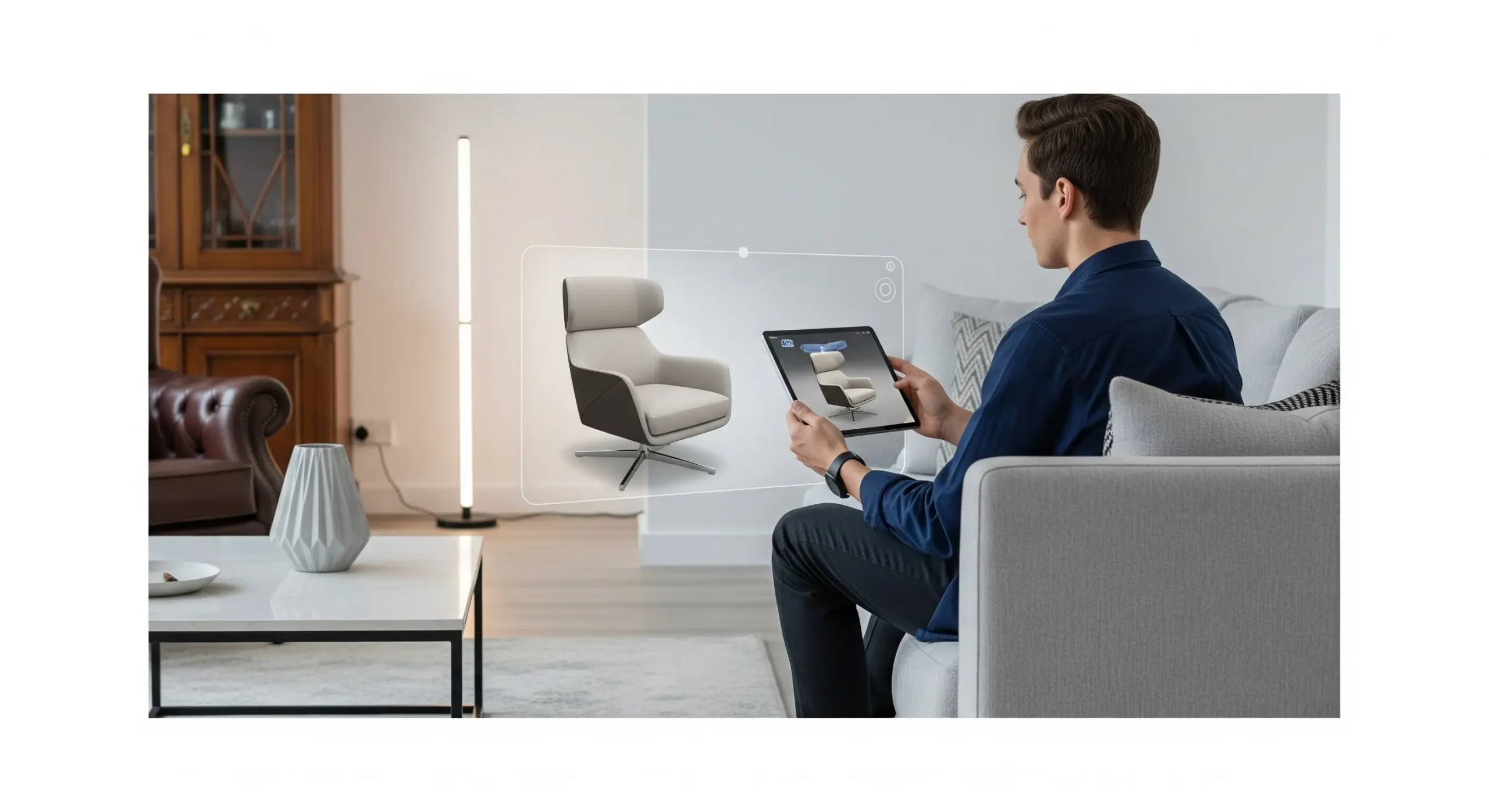The furniture sector in the United Kingdom (UK) has been undergoing a rapid and remarkable transformation in recent years. Consumer expectations, concerns about sustainability, and digitalization trends are reshaping the strategies of players in the market. In this article, we take a detailed look at the current competitive landscape of the UK furniture market, consumer trends, and the prominent innovations in the industry.
RCompetition Map and Market Leaders
Approximately one-third of the UK furniture market is controlled by five major brands:
- IKEA UK
- DFS Furniture plc
- Dunelm Group
- Wayfair UK
- Furniture Village
These five hold a dominant position in the market due to their wide product range, extensive store networks, and strong brand recognition. However, another noteworthy aspect is that the remaining market is largely served by small and local retailers. This structure creates a certain openness and dynamism within the market.
Additionally, Amazon UK holds a significant share in online furniture sales. Its product variety, delivery speed, and purchasing habits driven by customer reviews make Amazon one of the essential platforms for online furniture shopping.
New Generation Consumer Trends: Minimalism and Functionality Take the Lead
UK consumers are moving away from traditional designs and increasingly prefer minimalist, functional, and modular furniture. This shift is driven by social and economic factors such as the fast pace of urban life, compact housing, and a growing desire for simplicity.
Moreover, consumers are now considering not only aesthetics but also factors like environmental impact when choosing products. Recyclable materials, the use of FSC (Forest Stewardship Council) certified wood, and sustainable production processes have become key decision-making criteria in furniture shopping.
Products that are easy to assemble, practical, and portable — especially IKEA-style solutions — offer significant advantages in adapting to urban lifestyles.

Market Trends and Technological Integration
Another striking development in the UK furniture market is the integration of technology into the shopping experience. Augmented Reality (AR) applications, in particular, allow users to see how a product would look in their own living spaces before making a purchase. This not only increases customer satisfaction but also helps reduce return rates.
The rise of e-commerce platforms and mobile shopping habits is significantly transforming the concept of physical stores in the furniture sector. Showcasing products through digital catalogs, the influence of user reviews on purchasing decisions, and personalized advertising all play a decisive role in sales strategies.
Meanwhile, modular and multifunctional furniture is rapidly gaining traction. Products such as foldable dining tables, sofas that convert into beds, and wall-mounted shelving systems are becoming increasingly popular—especially among young professionals and small families—due to their space-saving features and ease of use.
To learn more about Marker Groupe’s development services, visit MarkerGroupe.com or reach out to us via hello@markergroupe.com.





